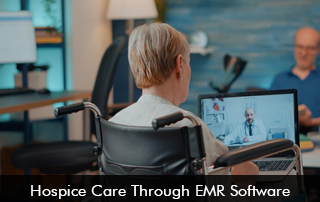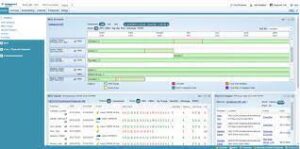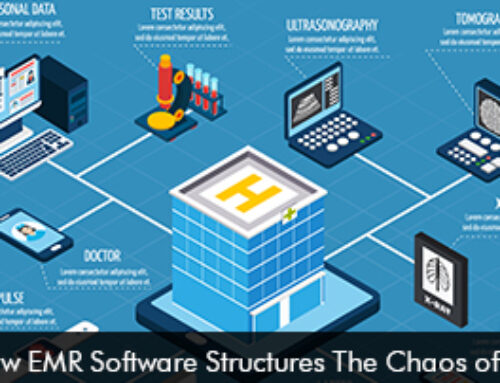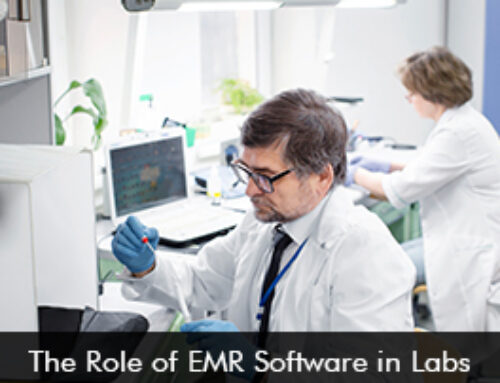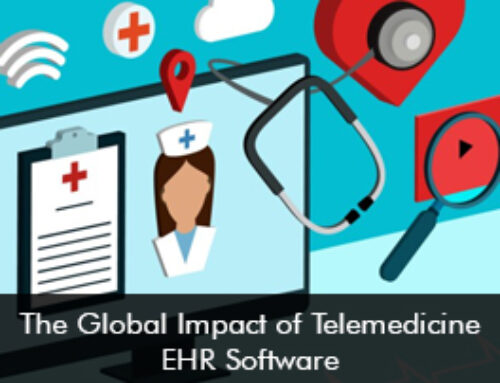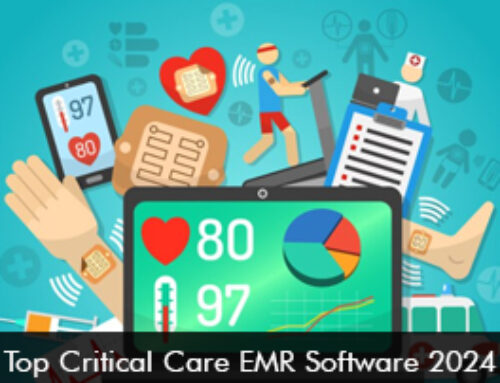Hospice care is a compassionate and specialized approach to providing comfort and support to individuals facing life-limiting illnesses. EMR software hands hospice healthcare workers with the tools to facilitate more efficient and personalized patient experiences. the landscape of hospice care has undergone a significant transformation.
EMR Software Offers Comprehensive Patient Records and Streamlined Documentation
Electronic medical records (EMR) software enables the creation of comprehensive and centralized patient records in hospice care. This includes medical histories, treatment plans, medication records, and advance care directives. Not only are the records easily accessible they also make information gathering simple.
The streamlined documentation process not only reduces the risk of errors but also enables healthcare professionals to access critical information quickly. This is especially crucial in hospice care. Timely decision-making and accurate information are essential for providing the highest quality of care.
Enhanced Interoperability and Care Coordination
Interoperability is a key feature of modern EHR software that has profound implications for hospice care. These systems can seamlessly exchange information with other healthcare providers, facilitating improved care coordination. This is particularly important in hospice settings. Patients often receive care from a multidisciplinary team that may include physicians, nurses, social workers, and spiritual care providers.
Through enhanced interoperability, different healthcare entities involved in a patient’s hospice care can access and share real-time information. This ensures that everyone involved in the patient’s care is on the same page, leading to coordinated and holistic care.
EMR Software Helps Monitor Medication Management and Symptom Control
Managing medications and addressing symptoms effectively are critical components of hospice care. EMR software plays a pivotal role in ensuring accurate and up-to-date medication management for patients receiving end-of-life care. It provides a platform for healthcare providers to document medication regimens, monitor effectiveness, and make adjustments as needed.
Additionally, EHR software often includes decision-support tools that assist healthcare professionals in tailoring medication plans based on individual patient needs. This level of precision in medication management contributes to better symptom control, improving the overall quality of hospice patients.
Advanced Care Planning and Decision Support
EMR software facilitates advanced care planning by providing a platform for documenting and updating patient preferences and goals of care. This information is crucial in ensuring that the care provided aligns with the patient’s values and wishes.
Decision support tools embedded in EHR software assist healthcare providers and families in making informed decisions regarding the patient’s care. This includes guidance on treatment options, pain management strategies, and other aspects of end-of-life care. The result is a more patient-centered approach that respects the individual’s autonomy and dignity.
Remote Monitoring and EMR SoftwareTelehealth Capabilities
The integration of remote monitoring and telehealth features in EMR software has further expanded the reach of hospice care. Patients and their families can benefit from virtual visits, and regular check-ins with providers without the need for in-person appointments.
Remote monitoring tools connected to EHR software enable healthcare professionals to track vital signs, assess symptoms, and intervene promptly if necessary. This enhances the efficiency of hospice care delivery and provides a sense of comfort and security to patients where mobility may be a challenge.
Facilitating Communication and Family Involvement
Communication is a cornerstone of effective hospice care. EMR software plays a crucial role in facilitating communication among the care team, patients, and their families. Secure messaging platforms and shared calendars enable real-time collaboration, ensuring that everyone involved in patient care is informed and connected.
Moreover, EMR systems provide a platform for family members to actively participate in the care process. Access to the patient’s digital records allows families to stay informed about the care plan, receive updates on the patient’s condition, and actively engage in shared decision-making.


